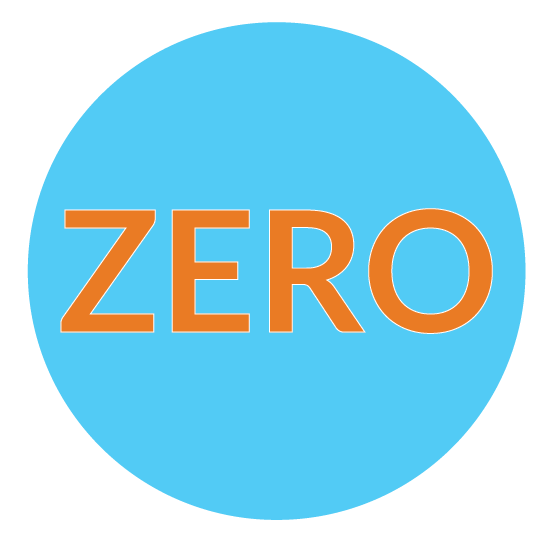3 Things with John Wasiutynski
Portland has an amazing sustainability community, and we want to highlight the amazing people and work that shapes our unique city. We’re sharing their answers to questions we posed.
Meet Multnomah County Office of Sustainability Director, John Wasiutynski. The Office of Sustainability works with County Departments and the community to promote programs and policies that lead to a more equitable, prosperous, and environmentally sound Multnomah County. Under John’s leadership, the Office of Sustainability drafted its first of a kind draft Climate Justice Plan, launched a clean energy finance program called PropertyFit Oregon, successfully advocated for stronger air quality regulations, and worked with the Board of County Commissioners to set the ambitious goal of transitioning the County to 100% renewable energy by 2050.
Prior to John’s current role as Director, he served as a Senior Policy Analyst and Resource Conservation Coordinator for Multnomah County. John has also worked as a watershed planner for the city of Washington DC, cleaning and greening community gardens in underserved neighborhoods in New York City with the New York Restoration Project. He has his Bachelor of Science from Fordham University and a Master’s of Public Administration from American University. John and his family live in the Cully Neighborhood in Portland, and work actively in their neighborhood to promote inclusion and livability.
Now we’ll pass the mic to John to share his insightful — and sustainably minded — thoughts with us!
1. What does sustainable mean to you?
A sustainable world is one where the right choice is the easy choice. For example, walking, biking, or riding a bus are easier than driving, not because driving sucks, but because the other options are awesome. A world where people's basic needs are met, like housing and healthcare, to set everyone up so they can thrive. I want to live in a world where we prioritize access to clean water, clean air, and our human habitats co-exist with natural habitats for our non-human friends. And, of course, a sustainable world is a world where we don't use fossil fuels anymore and we are working together to heal the damage caused to our climate.
2. Name a Portland (or Oregon) project or collaboration that has inspired you, and tell us why you are inspired by it.
The Community Heat Pump Deployment Program has been inspirational. Let's face it, most families don't have $10,000 to spend on a heat pump, especially if you are low or moderate income. So folks are stuck with electric resistance heating, or keeping an old clunker running as long as possible. These polluting, expensive, and inefficient options are better than no heat, but leave families vulnerable. CHPDP was the first time the state has launched a statewide climate resilience program. To watch the implementation up close was to see how transformational this simple program could be for a household. And the great part was we also supported local small businesses and made the entire community more resilient in the process.
3. What can Portland (or Oregon) be doing better to be more sustainable?
We need to come to grips with our priorities around housing. Design review commissions are antiquated, the views of a few architects on subjective aesthetic characteristics should not be more important than the need of people to have housing. Zoning is still too restrictive, areas like the Central EastSide Industrial Sanctuary is ripe for residential development - indeed many warehouse spaces are already illegally converted to residential uses. Portland neighborhoods, especially high opportunity neighborhoods, need multi-story multi-family housing, give me 4 floors and a corner store. We won't exit the housing crisis until we allow more housing to be built and make it cheaper to develop.


